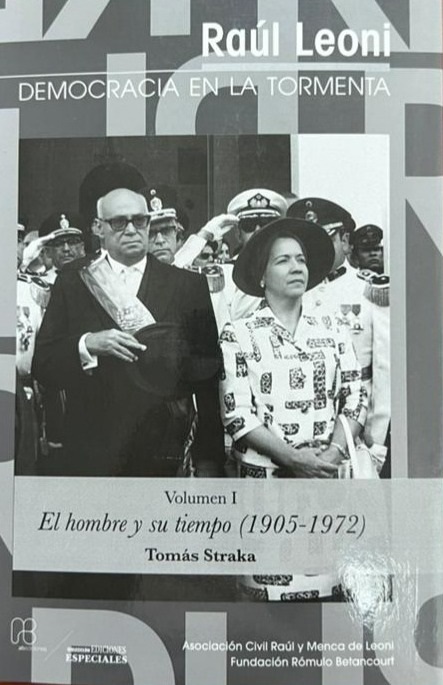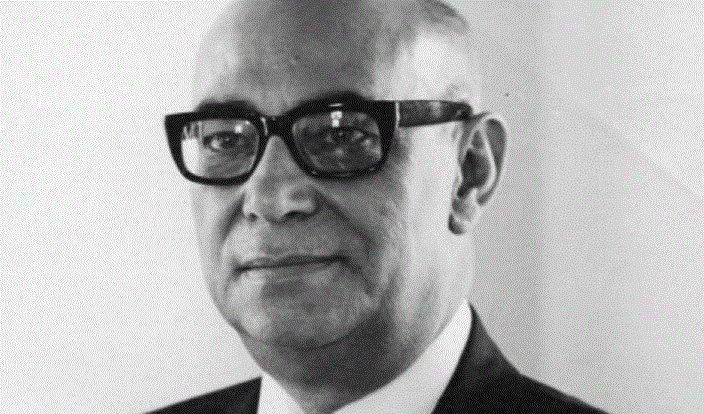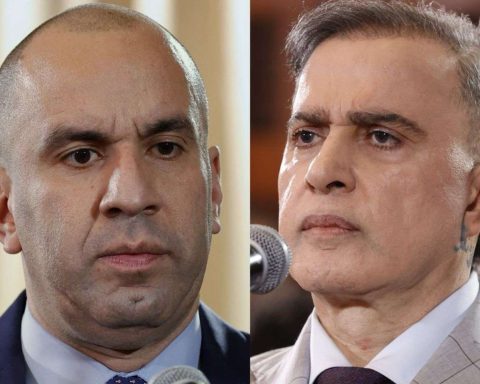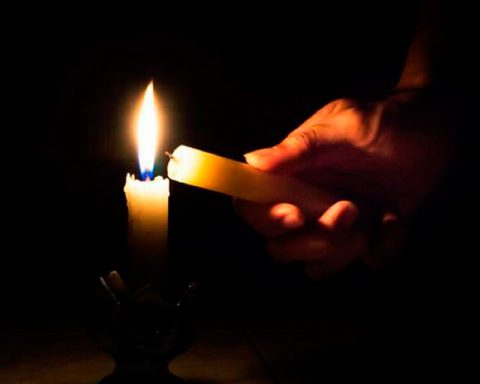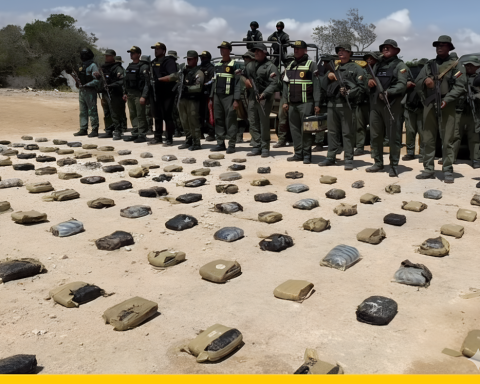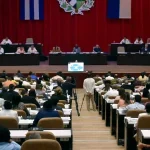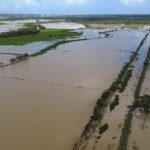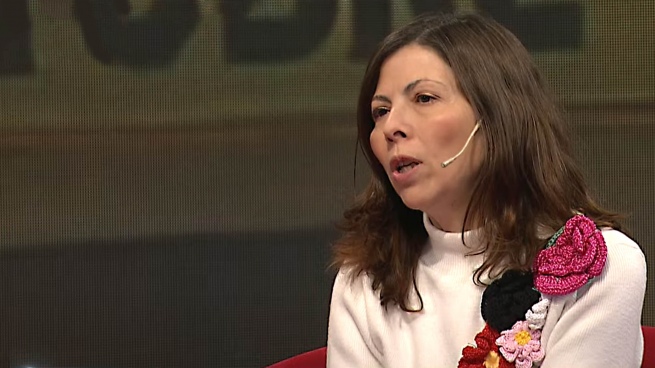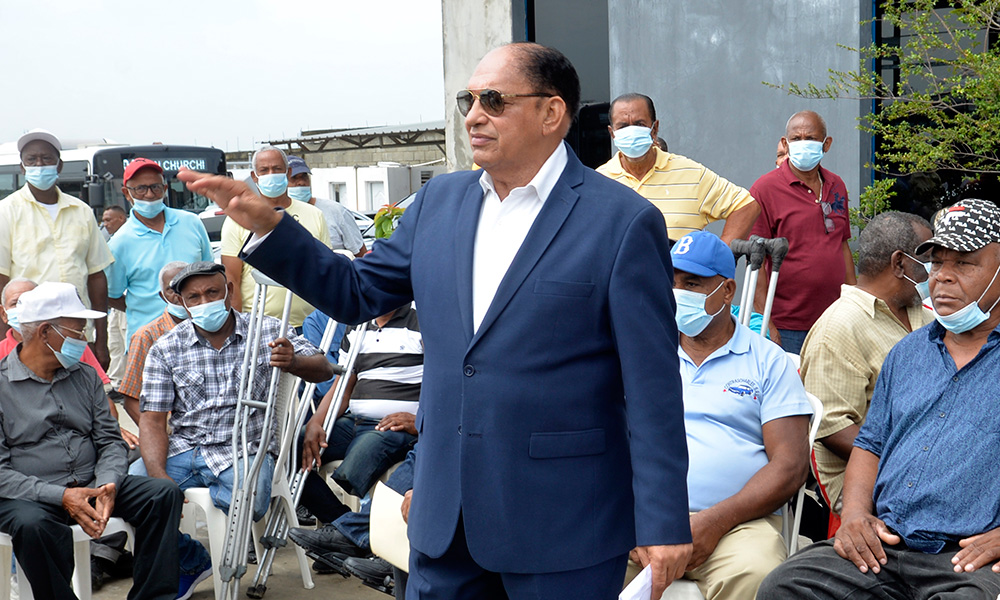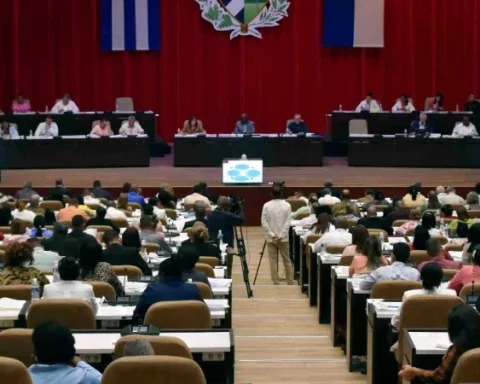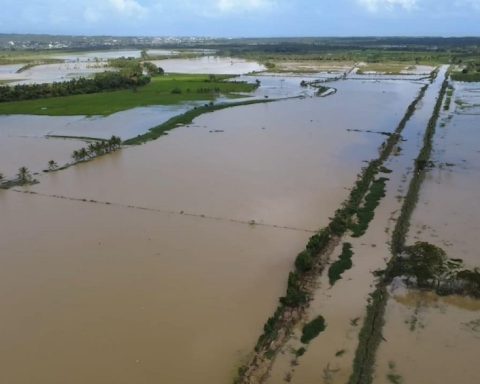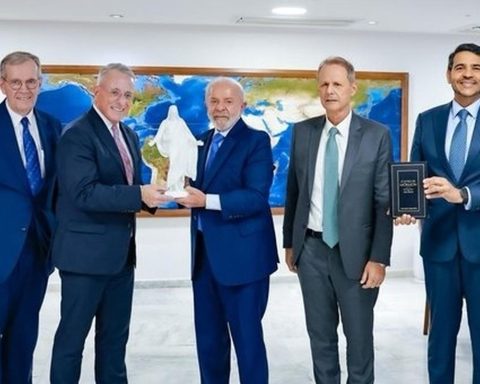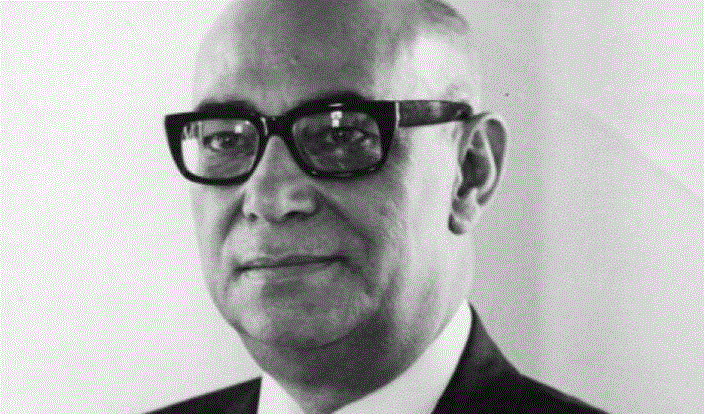
Today marks fifty years since the death of President Raúl Leoni, whose work must be remembered by all. For these purposes, on this same date the book will be presented at the Trasnocho theater at 11:00 am. Raúl Leoni: democracy in the storm, in two volumes, with a preface by Virginia Betancourt Valverde and an introduction by the Leoni Fernández family. The first volume of the work contains an essay by Diego Bautista Urbaneja on the “Historical Significance of Raúl Leoni for Venezuelan democracy”, as well as the study of the historian Tomás Straka, entitled “The man and his time”. The second volume is entitled “Modernizing freedom: five years of democratic administration (1964-1969)”. The studies by Fernando Spiritto, Edgardo Mondolfi, Elsa Cardozo, Guillermo Guzmán, Luis Lauriño, Anitza Freitez, Andrés Cañizales, Mary Martínez, Catalina Banko and Francisco Sáez are published in it.
To understand the achievements of Venezuelan democracy, it is necessary to know the lives of its protagonists. It’s what happens with the book Rómulo Betancourt, leader and statesman, political biography written by Carlos Canache Mata about the founder of Democratic Action. In less than three months, two important books have been published on two Adeco statesmen: Rómulo Betancourt and Raúl Leoni. (The biographies of Luis Beltrán Prieto Figueroa and Gonzalo Barrios, also fundamental leaders in the history of AD, are pending). To this we must add the events that Héctor Alonso López is organizing on the occasion of the centenary of the birth of Carlos Andrés Pérez. In this way, the new generations of Venezuelans will be able to scrutinize political history through the lives of their stellar figures, who organized the necessary alliances and strategies to defeat the threats against the incipient democracy; among them, the constant interference of Fidel Castro and the attacks of the extreme right. These politicians of unappealable authority stood their ground in the face of attacks from anti-democratic radicalism, and defeated them.
Raúl Leoni was trained in trade unionism, which taught him the importance of negotiation and agreements to develop long-term policies. The mistakes made during the triennium (1945-1948) by sectarianism had a high cost. And from those errors that squeezed the Adecos’ thoughts, a capital lesson emerged: conciliation and consensus.
The administration of President Raúl Leoni allowed democracy to be consolidated and its enemies to be defeated without haste and without pause. The aggressiveness of the guerrillas and terrorism was defeated by the leadership of Betancourt and Leoni. And in this, the Armed Forces played an important role, thanks to the fact that the civil power was institutionally imposed on the military power. This was largely due to the leadership of the political leaders of the time, who enjoyed intellectual prestige and were backed by strong political parties. These attributes cemented the authority necessary to handle military affairs.
Rómulo Betancourt, for his part, put together a coalition government known as the “soursop”, in reference to the fruit that is “green on the outside and white on the inside.” These schemes of alliances and understandings were what gave the young democracy a base of support. All under the spirit of the Puntofijo Pact, so reviled by Hugo Chavez and so praised by the Democrats.
The soursop coalition came to an end because Copei decided to go into opposition, while AD lost control of the Chamber of Deputies. For this reason, Raúl Leoni forged a new alliance with Jóvito Villalba and with Arturo Uslar Pietri, who had been a political enemy of AD. This alliance was supported and promoted by Gonzalo Barrios, then Minister of Interior Relations. Thus, on November 5, 1964, the “Broad Base” government was born, made up of the Democratic Republican Union and the National Democratic Front, which is the party that emerged from the different groups that supported Arturo Uslar Pietri in the 1963 elections. This alliance had a short life, given that the FND left the government in March 1966. Perhaps due to the amalgamation of diverse groups and incompatible ideologies that made up the FND.
Leoni’s government was characterized by economic growth and the construction of major public works. With this it was shown that in a democracy tasks of this nature could be undertaken, and that public works were not exclusive to military dictatorships. At this time the bridge over the Orinoco and the Guri dam were built.
During Raúl Leoni’s mandate, a successful foreign policy was developed. An example of this is the signing, on February 17, 1966, of the Geneva Agreement between Venezuela, the United Kingdom and British Guiana. The signing of this agreement has a history linked to the Adequate governments. It began with the speech by Marcos Falcón Briceño – chancellor of Rómulo Betancourt – in his intervention before the United Nations Organization on November 12, 1962. Falcón Briceño pointed out the reasons for the annulment of the Arbitration Award of Paris of 1899. Thanks to this , the United Kingdom agreed to discuss the Venezuelan claim. Then, in the government of Raúl Leoni, his Foreign Minister Ignacio Iribarren Borges signed the Geneva Agreement on February 17, 1966. (Three months after signing, British Guiana becomes independent from Great Britain and changes its name to Guyana). This agreement seeks a “practical and satisfactory” settlement of the dispute and constitutes one of the greatest successes of our country in the defense of its territorial integrity.
Respect for family values was another mark of Raúl Leoni’s style. The meaning of the expression “first lady” acquires notoriety in his mandate, due to the presence of his wife, Carmen Fernández (“Doña Menca”). She did not interfere in the tasks of government or politics. She is remembered for her prudence, simplicity and human quality. It was, then, a well-matched marriage that represented very well the best Venezuelan family values.
The book Raúl Leoni: democracy in the storm allows to deepen the study of the life of the adeco statesman. Remembering it should serve as an incentive to stimulate the unity necessary to rescue Democratic Action. This has been the great party of Venezuelan democracy, defender of our oil, our territory and freedom. The spirit of unity brought about by the publication of the books on Rómulo Betancourt and Raúl Leoni, as well as the forthcoming centenary of the birth of Carlos Andrés Pérez, should be a favorable environment for reconciliation and to demonstrate that “the People’s Party” has not died .
Without forgetting that preserving the political health of AD and defending its vital destiny is the challenge of those leaders who want to learn and apply the lesson of their founders. This is the challenge to get out of the storm. To achieve this, there is nothing better than remembering Raúl Leoni, the great conciliator.
